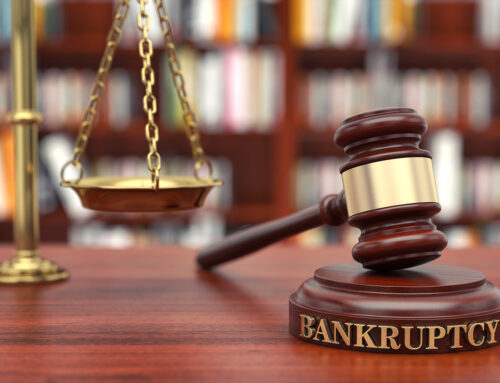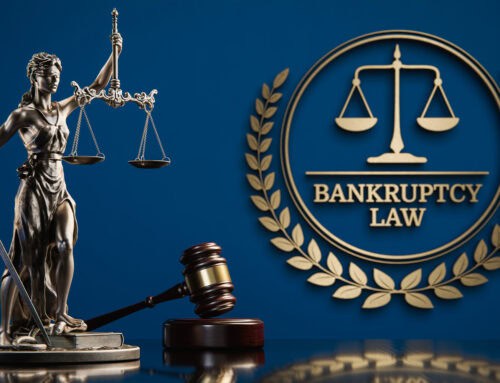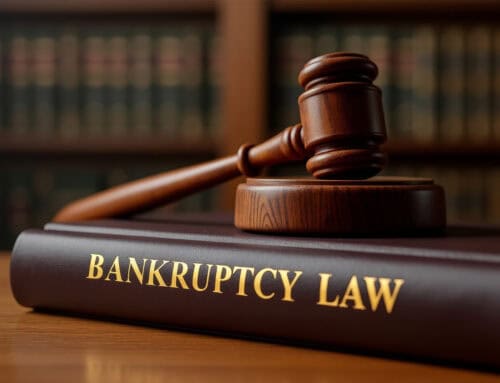How Many Types of Bankruptcies Are There?
Understanding the different types of bankruptcies is vital for anyone facing financial difficulties. Bankruptcy laws offer various pathways to help individuals and businesses manage or discharge their debts, but navigating these options can be complex. Consider this basic overview of the five main types of bankruptcies and special considerations that may apply to your case.
Chapter 7: Liquidation
Chapter 7, commonly known as liquidation or straight bankruptcy, is the most prevalent form. Ideal for individuals and businesses unable to realistically repay their debts, it involves appointing a trustee to liquidate non-exempt assets to satisfy creditors.
For individuals, this process often leads to the discharge of most unsecured debts like credit cards and medical bills. The process is relatively swift, typically concluding within three to six months. However, eligibility for Chapter 7 hinges on specific criteria related to income, expenses, and financial history, restricting access for some.
Chapter 11: Business Reorganization
Chapter 11, primarily geared towards businesses, permits them to continue operations while reorganizing debts. This type of bankruptcy is more complex. It works well for corporations, partnerships, and some high-asset individuals. In this process, the debtor proposes a reorganization plan to keep the business afloat and satisfy creditors over time. Strategies may include downsizing, renegotiating debts, or liquidating certain business aspects. The duration of Chapter 11 bankruptcies varies, often extending over several years, depending on the intricacies of each case.
Chapter 13: Individual Debt Adjustment
Chapter 13 bankruptcy caters to individuals with a consistent income, offering a way to retain property while repaying debts. This chapter allows debtors to devise a repayment plan, typically spanning three to five years, to settle all or part of their debts using future income.
Chapter 13 is pivotal in preventing house foreclosures, managing missed car or mortgage payments, settling back taxes, and stopping interest accrual on tax debts. It is a fitting solution for those with a steady income who can adhere to a long-term payment plan.
Chapter 12: Family Farmers and Fisherman
Chapter 12 bankruptcy, specifically for family farmers and fishermen, mirrors Chapter 13 but provides additional benefits to those in these industries. It enables financially distressed family farmers and fishermen to propose a repayment plan for their debts. The plan typically lasts three to five years, and this type of bankruptcy offers higher debt limits and greater flexibility in payment structuring, considering the seasonal nature of agricultural and fishing incomes.
Chapter 15: International Cases
Chapter 15 addresses cross-border insolvency cases, catering to the complexities of multinational businesses and global finance. This chapter facilitates foreign debtors in managing debts or assets across multiple countries. It allows these debtors to access U.S. bankruptcy courts to protect their U.S. assets while they undergo bankruptcy proceedings in their home country.
Special Considerations
Bankruptcy does not universally absolve all types of debts. Certain obligations remain unaffected. This may include:
- Alimony and child support. You will rarely, if ever, see the court allow the discharge of alimony or child support in a bankruptcy case. These are priority debts and must be paid in full.
- Certain tax debts. Most tax debts, especially recent ones, are not dischargeable. However, older tax debts might be eligible for discharge under specific conditions.
- Student loans. Discharging student loans in bankruptcy is notoriously challenging. It requires proving that repayment would cause undue hardship, a standard that is difficult to meet.
- Criminal fines and institutions. Fines and institutions arising from criminal activities are not dischargeable in bankruptcy. This includes penalties for traffic tickets and criminal restitution.
Additionally, it is important to consider the significant impact of bankruptcy on one’s credit score. Bankruptcy can remain on a credit report for up to 10 years, affecting the ability to obtain credit, insurance, or even employment in some cases.
Seeking Legal Counsel for Bankruptcy
Bankruptcy laws are intricate and vary based on the details of your situation. An attorney will help you identify the type of bankruptcy you should file that will minimize your losses and best suit your financial capabilities. They will walk you through the legal requirements, forms, and proceedings, ensuring that all documentation is accurate and allowing you to meet all deadlines without delays.
Legal counsel also offers protection against creditors and helps negotiate terms that can lead to more favorable outcomes for your case. Additionally, an attorney can advise on potential implications for assets, credit scores, and future financial stability. This expert guidance streamlines the process and maximizes the chances of a successful resolution, reducing the risk of errors that could jeopardize your bankruptcy filing.
Contact a Bankruptcy Attorney for Questions About Your Case
With a legal expert on your side, you can make informed decisions about your financial future. An experienced bankruptcy attorney can guide you in understanding which chapter aligns best with your situation, offering insights into the nuances of each type. If you think bankruptcy is an option, contact the Law Offices of Brent D. George to schedule a consultation today.
Disclaimer: This article is intended for informational purposes only and does not constitute legal advice. For personalized assistance, please contact our office at (805)494-8400.






